What to Expect
by Kristen Hoggatt-Abader
The only response
to a child’s grave is
to lie down before it and play dead.
—Bill Knott
Black boys getting shot in Harlem—that’s certain,
waiting like a germ between our taste buds for the chance to begin a plague. The news
reports in a six-sentence quip, and all is revealed: street party, crossfire, shot in the head.
Pity, to be 13, black and poor in New York’s only home
that welcomes such folk, its skyline dotted with decrepit roofs and
a quick buck. We keep our mouths closed, though we sigh (“Not
again.” “No, not again!”) when we hear of the boy’s demise. They
won’t report this the next city over—let alone the next state.
How many bullets have reduced a black body to mere flesh&bone?
In an instant, we board the subway, our hands around pocketbooks
with force as we traverse, in and out and underground,
the network of tracks like sutures across our shoulders,
linking the city and our lives: Lord, please, let it not be our child.
What to Expect
Kids getting shot in colonial New England—
Wait. What? The news yanked out our tongues
and wrapped it around spreadsheets and pizza stones,
calling out to our little ones in a hollow timbre,
their fresh bodies close, breathing their bubble gum,
breathing scabbed knees and muddied shoes. If only
the killer had gotten counseling. If only gun laws were
just so. Our minds wrapped around what-ifs
until the worst of us remained convinced it was a hoax.
Surely our precious 6-years-olds are not slaughtered with
automatic weapons—these bodies, this pink flesh.
Something else must explain it: conspiracies, trauma actors,
the media! We always blame them, rolling out blankets
to snuff out what burns us: Lord, please, let it not be our child.
What to Expect
Peshawar, Pakistan
Do children get shot in that corner of the world? In the city of
flowers? It is, by all means, extreme: summers boil, winters
witch-tit cold, dust, hail, and when the gunmen crash through
the doors, it’s another kind of storm brewed in the landlocked valley,
stirred by the impossible wind that descends the peaks.
One hundred plus children, gone. Children—dead and gone. The
smartest ones barricaded the door, a lesson in physics: Angle of
crossbeam? Density of wood? Not enough to stop men from
crashing it down in praise of God. In the city of flowers,
workers load the ambulance with blood stain. In the city of flowers,
mothers unveil themselves to wrap the wounds of little boys in pink, blue,
orange, red. In the city of flowers, the MPs hug their M16s,
skullcapped fathers scream. And the storm rages on, in the city of flowers,
in the cities of our first born: Lord, please, let it not be our child.
BIO
Kristen Hoggatt-Abader is the author of the poetry chapbook Arab Winter and the former Ask a Poet advice columnist for Drexel University’s The Smart Set. She is currently a Senior Lecturer at the University of Arizona in Tucson and a fourth-year Ph.D. candidate in rhetoric and composition. Her work has also appeared in The Ledge Magazine, Nimrod International Journal, and Poetry Porch. More of her work can be found at khoggattabader.com



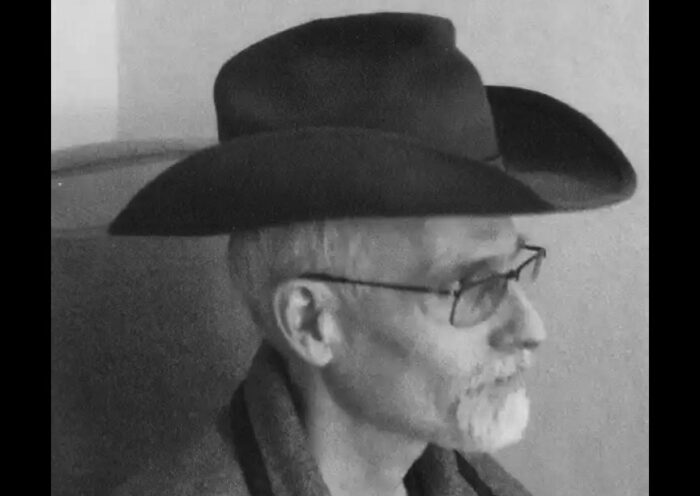
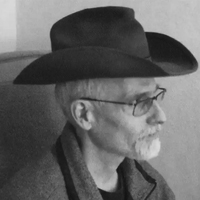






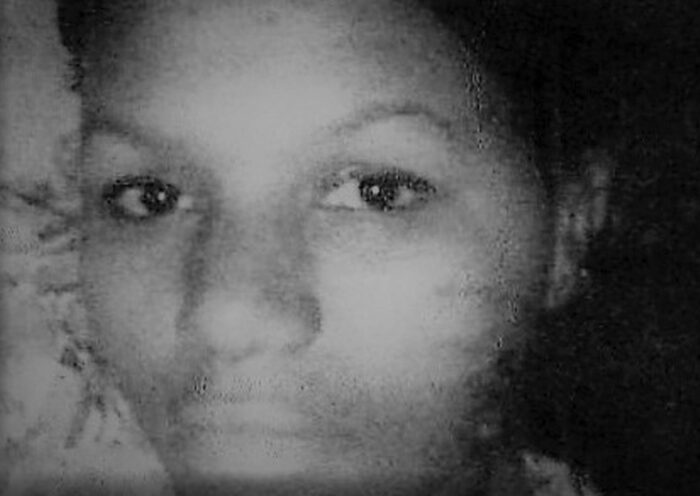
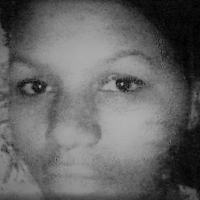
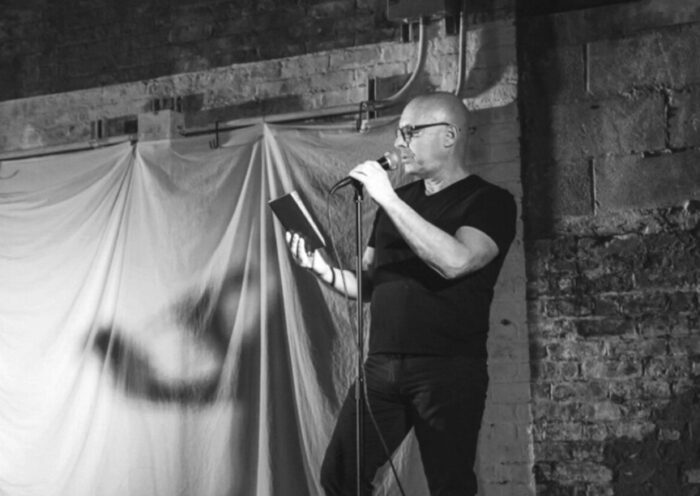

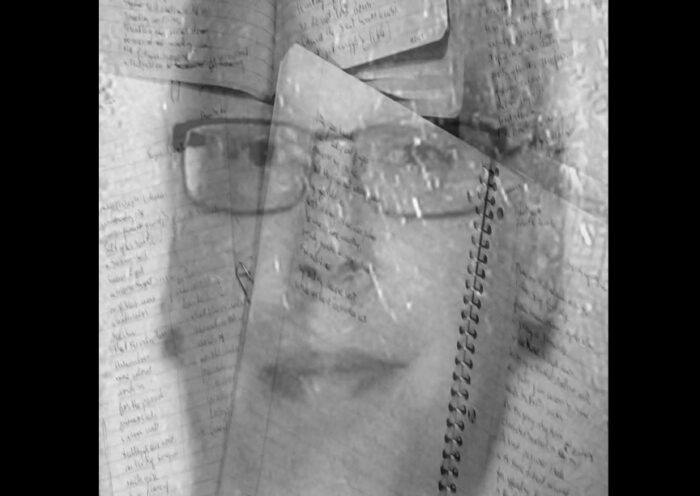
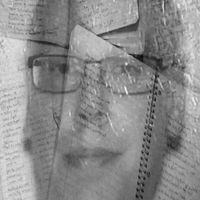
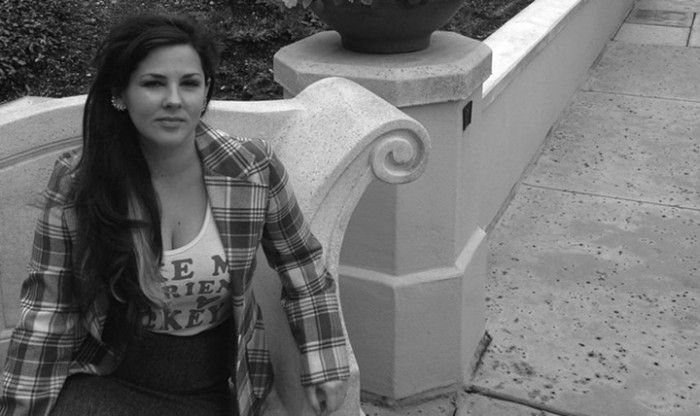
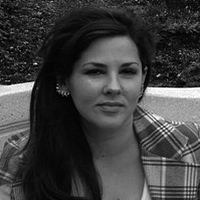 , with her husband and pets. She and her husband own and operate a screen printing and embroidery company, Whatever Tees.
, with her husband and pets. She and her husband own and operate a screen printing and embroidery company, Whatever Tees.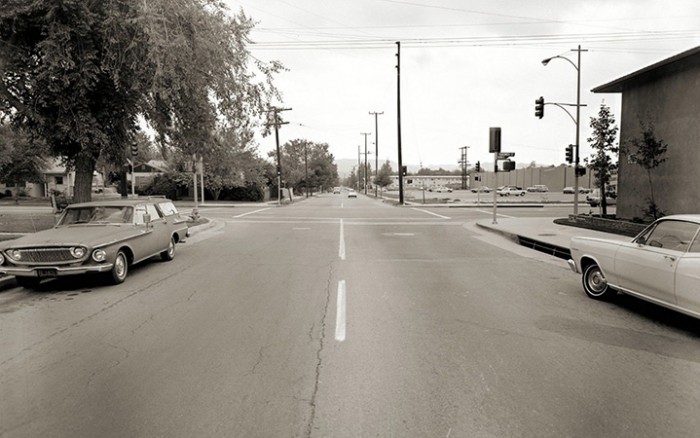
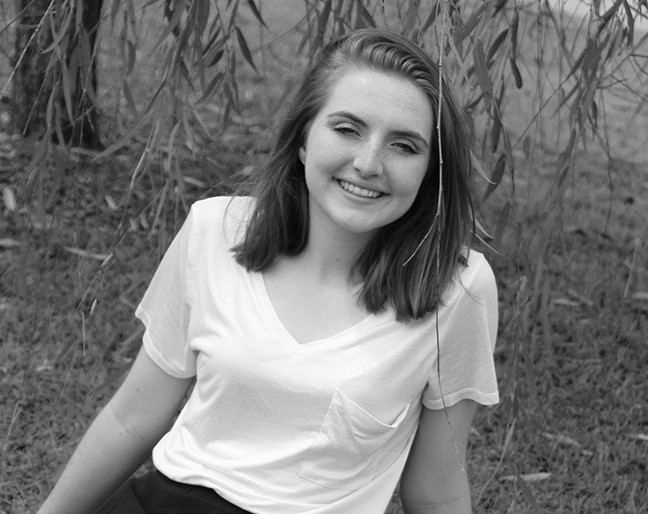
 Josey Parker is a frazzled student and coffee enthusiast who somehow finds time to write copious amounts of poetry and flash fiction. Her work has previously appeared in the Claremont Review. Although she is an author, she is not in fact, dead.
Josey Parker is a frazzled student and coffee enthusiast who somehow finds time to write copious amounts of poetry and flash fiction. Her work has previously appeared in the Claremont Review. Although she is an author, she is not in fact, dead.
 Karen Corinne Herceg graduated magna cum laude from Columbia University with a B.A. in Literature/Writing. In 2011, she received graduate credits in an advanced writing curriculum with emphasis on editing and revision. She has published in independent, small press publications and has published a book of poetry, Inner Sanctions. As a recipient of New York State grants, Karen has read at various venues, universities and libraries on programs featuring such renowned writers as Pulitzer Prize winner John Ashbery and has studied and read with such well-known poets as David Ignatow and Pulitzer Prize winner Philip Schultz. Publications include Literary Mama, The Furious Gazelle, Immortal Verses, From A Window: Harmony and Inkwell. Her short story, “Knitting In Transit”, was published in Chrysalis Magazine, and she has completed her first full-length novel, Diva! Her current writing projects include a new volume of poems and co-authoring a memoir with award winning music producer Glenn Goodwin. Karen is a featured poet on the Hudson Valley poetry scene. She resides in Orange County, New York.
Karen Corinne Herceg graduated magna cum laude from Columbia University with a B.A. in Literature/Writing. In 2011, she received graduate credits in an advanced writing curriculum with emphasis on editing and revision. She has published in independent, small press publications and has published a book of poetry, Inner Sanctions. As a recipient of New York State grants, Karen has read at various venues, universities and libraries on programs featuring such renowned writers as Pulitzer Prize winner John Ashbery and has studied and read with such well-known poets as David Ignatow and Pulitzer Prize winner Philip Schultz. Publications include Literary Mama, The Furious Gazelle, Immortal Verses, From A Window: Harmony and Inkwell. Her short story, “Knitting In Transit”, was published in Chrysalis Magazine, and she has completed her first full-length novel, Diva! Her current writing projects include a new volume of poems and co-authoring a memoir with award winning music producer Glenn Goodwin. Karen is a featured poet on the Hudson Valley poetry scene. She resides in Orange County, New York.
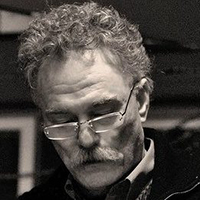 Alan C. Reese owns and operates an independent subsidy publishing business, Abecedarian Books, Inc. He is the author of the chapbook Reports from Shadowland. His work has appeared or is forthcoming in Smartish Pace, Gargoyle, The Baltimore Sun, Maryland Poetry Review, Potomac Review, Delaware Review, Welter, Grub Street, Attic, Bicycle Review, Danse Macabre, and the Loch Raven Review. He teaches writing at Towson University.
Alan C. Reese owns and operates an independent subsidy publishing business, Abecedarian Books, Inc. He is the author of the chapbook Reports from Shadowland. His work has appeared or is forthcoming in Smartish Pace, Gargoyle, The Baltimore Sun, Maryland Poetry Review, Potomac Review, Delaware Review, Welter, Grub Street, Attic, Bicycle Review, Danse Macabre, and the Loch Raven Review. He teaches writing at Towson University.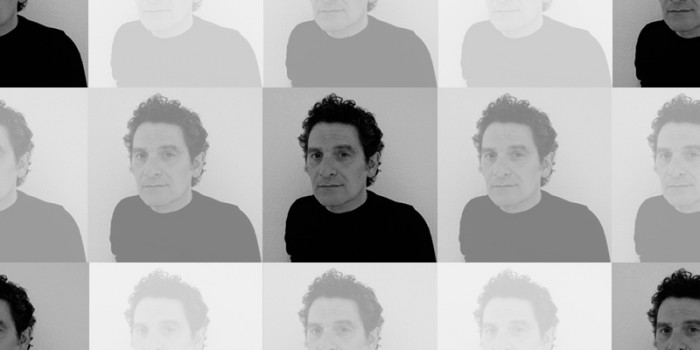
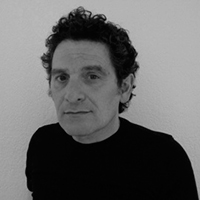 Pushcart nominee Bruce McRae is a Canadian musician with over 900 poems published internationally, including Poetry.com, Rattle and The North American Review. His first book, The So-Called Sonnets is available via Silenced Press and Amazon. To see and hear more poems go to ‘BruceMcRaePoetry’ on YouTube.
Pushcart nominee Bruce McRae is a Canadian musician with over 900 poems published internationally, including Poetry.com, Rattle and The North American Review. His first book, The So-Called Sonnets is available via Silenced Press and Amazon. To see and hear more poems go to ‘BruceMcRaePoetry’ on YouTube.
 Lauren Vargas is currently working towards an MFA at Queens University and is a full time writing curriculum-tutor in Southern California. She believes in the power of language and poetry. Her works have previously appeared in ElevenEleven, Ampersand Literary Journal, Chinquapin Literary Journal, and CalibanOnline.
Lauren Vargas is currently working towards an MFA at Queens University and is a full time writing curriculum-tutor in Southern California. She believes in the power of language and poetry. Her works have previously appeared in ElevenEleven, Ampersand Literary Journal, Chinquapin Literary Journal, and CalibanOnline.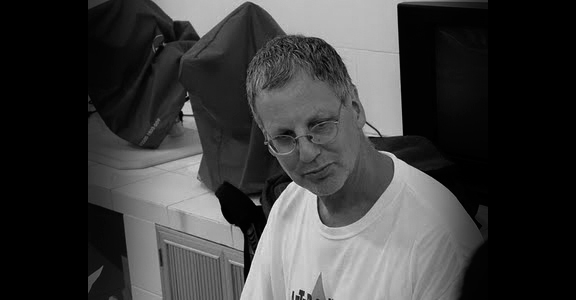
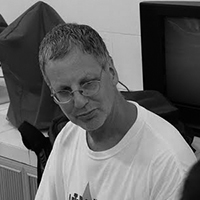 Michael H. Brownstein has been widely published throughout the small and literary presses. His work has appeared in The Café Review, American Letters and Commentary, Skidrow Penthouse, Xavier Review, Hotel Amerika, Free Lunch, Meridian Anthology of Contemporary Poetry, The Pacific Review, Poetrysuperhighway.com and others. In addition, he has nine poetry chapbooks including The Shooting Gallery (Samidat Press, 1987), Poems from the Body Bag (Ommation Press, 1988), A Period of Trees (Snark Press, 2004), What Stone Is (Fractal Edge Press, 2005), I Was a Teacher Once (Ten Page Press, 2011) and Firestorm: A Rendering of Torah (Camel Saloon Press, 2012). He is the editor of First Poems from Viet Nam (2011).
Michael H. Brownstein has been widely published throughout the small and literary presses. His work has appeared in The Café Review, American Letters and Commentary, Skidrow Penthouse, Xavier Review, Hotel Amerika, Free Lunch, Meridian Anthology of Contemporary Poetry, The Pacific Review, Poetrysuperhighway.com and others. In addition, he has nine poetry chapbooks including The Shooting Gallery (Samidat Press, 1987), Poems from the Body Bag (Ommation Press, 1988), A Period of Trees (Snark Press, 2004), What Stone Is (Fractal Edge Press, 2005), I Was a Teacher Once (Ten Page Press, 2011) and Firestorm: A Rendering of Torah (Camel Saloon Press, 2012). He is the editor of First Poems from Viet Nam (2011).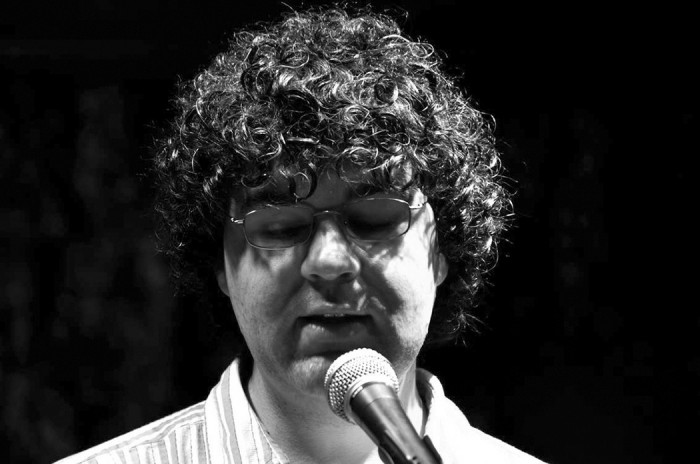
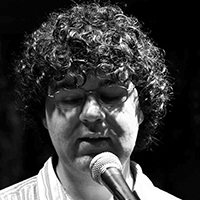 Jon Riccio studied viola performance at Oberlin College and the Cleveland Institute of Music. A recent Pushcart nominee, his work has appeared or is forthcoming in Paper Nautilus, Qwerty,Redivider, CutBank Online, Waxwing and Switchback, among others. An MFA candidate at the University of Arizona, he resides in Tucson.
Jon Riccio studied viola performance at Oberlin College and the Cleveland Institute of Music. A recent Pushcart nominee, his work has appeared or is forthcoming in Paper Nautilus, Qwerty,Redivider, CutBank Online, Waxwing and Switchback, among others. An MFA candidate at the University of Arizona, he resides in Tucson.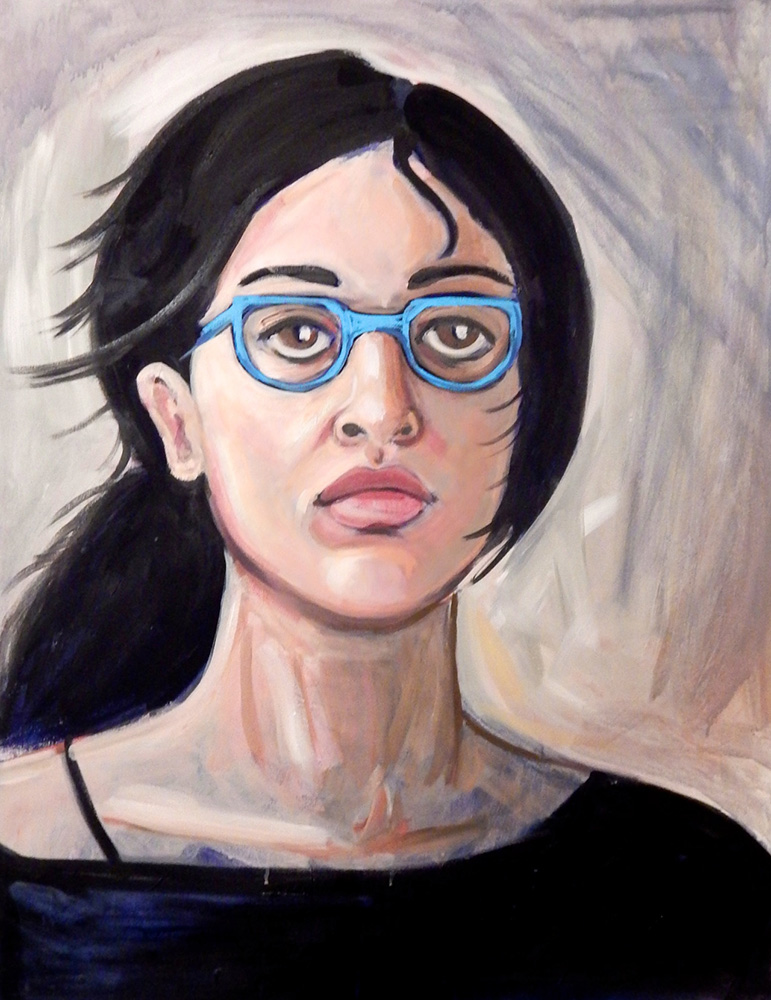
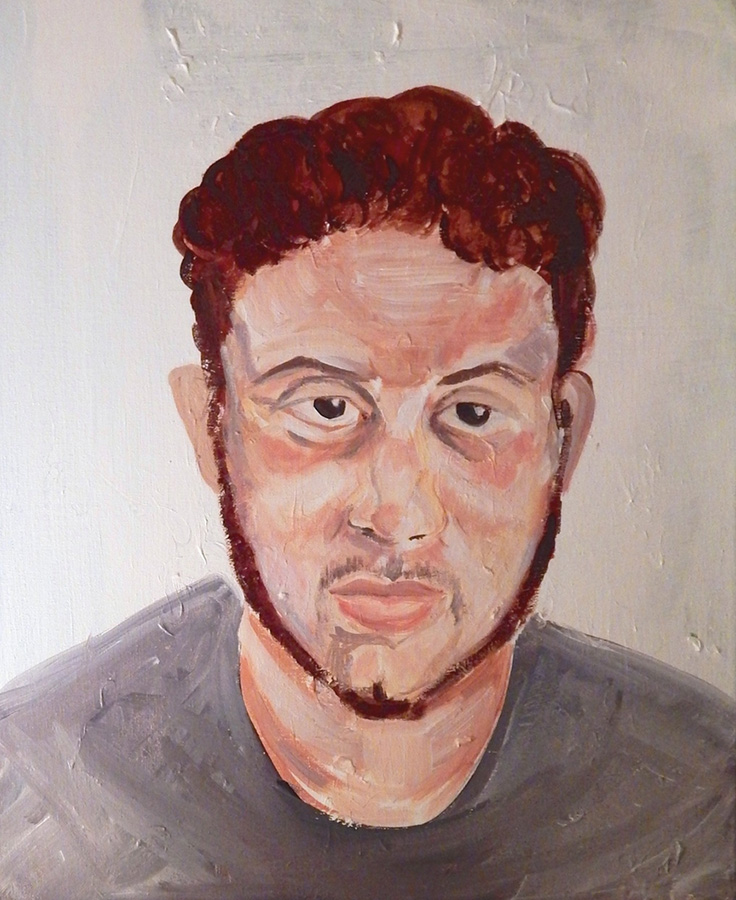
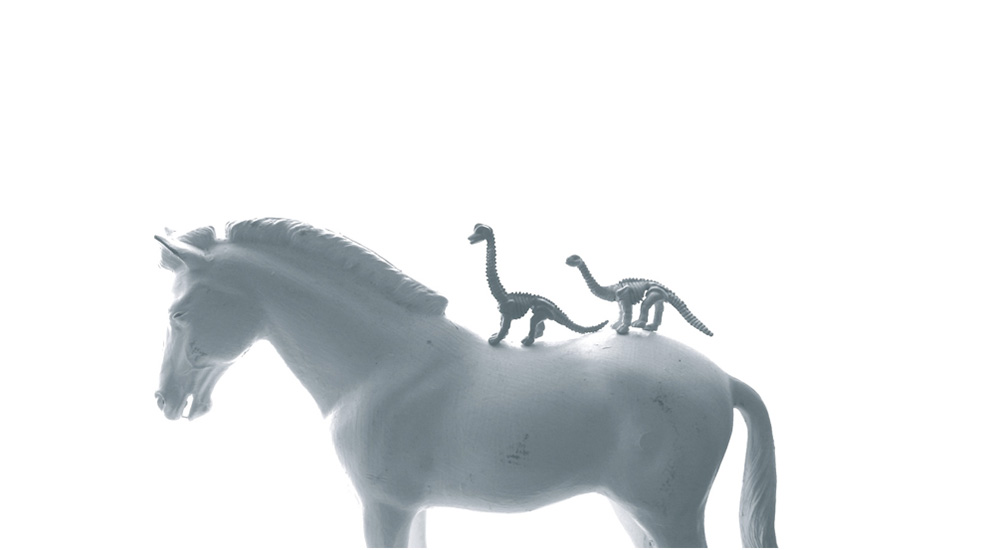
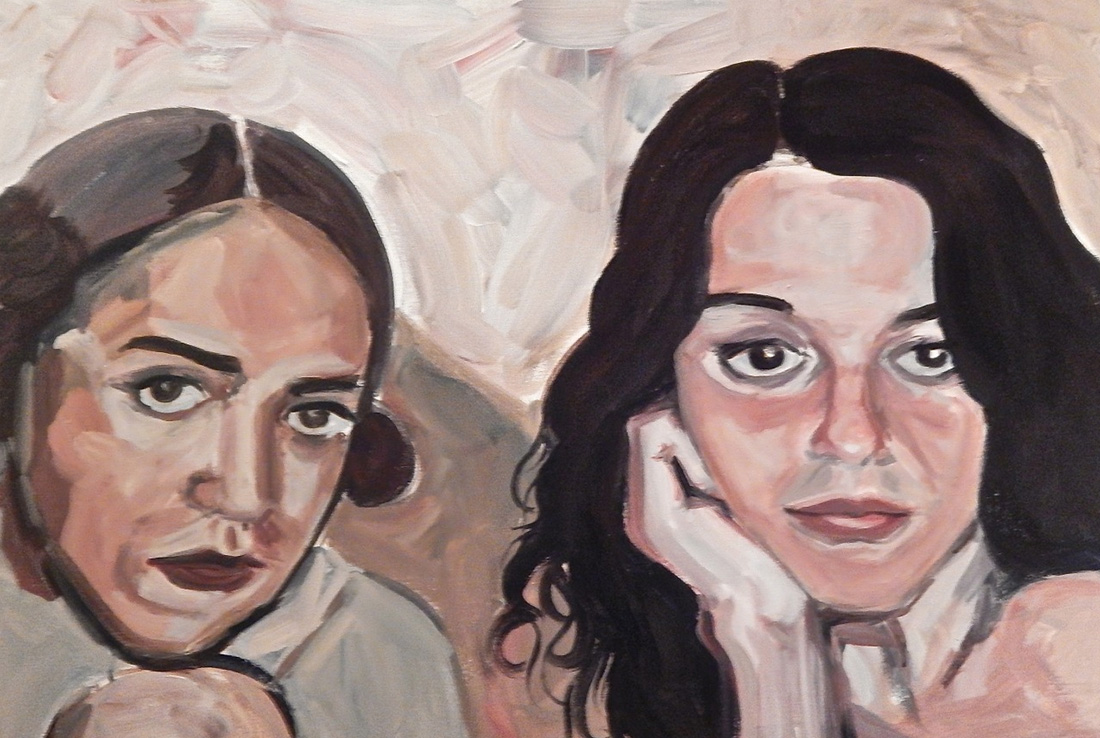

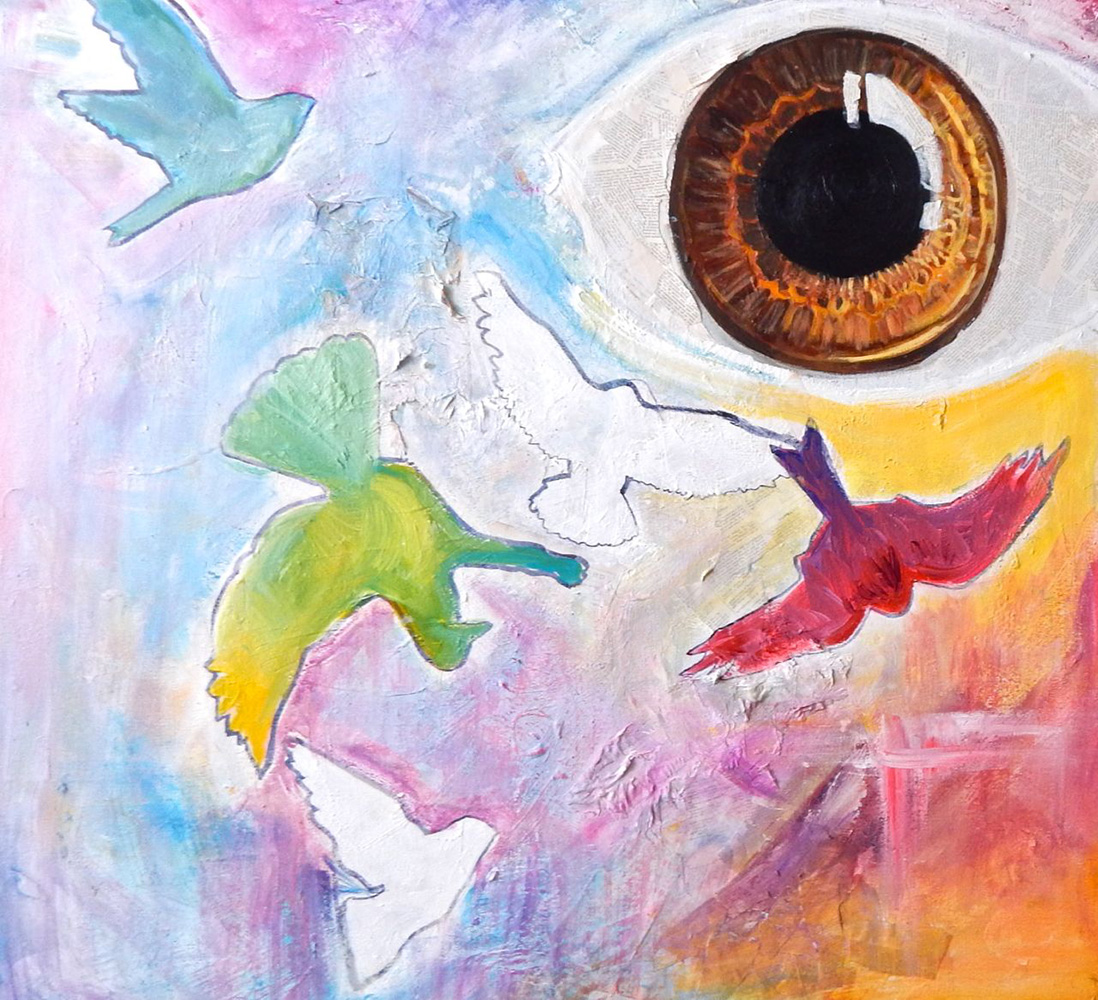

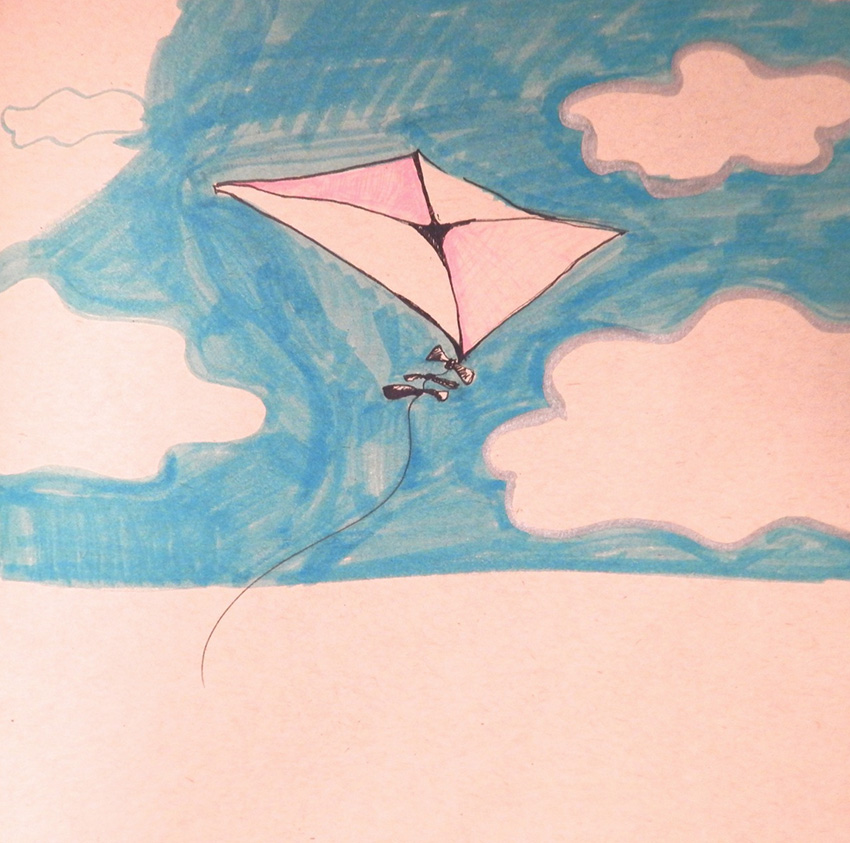
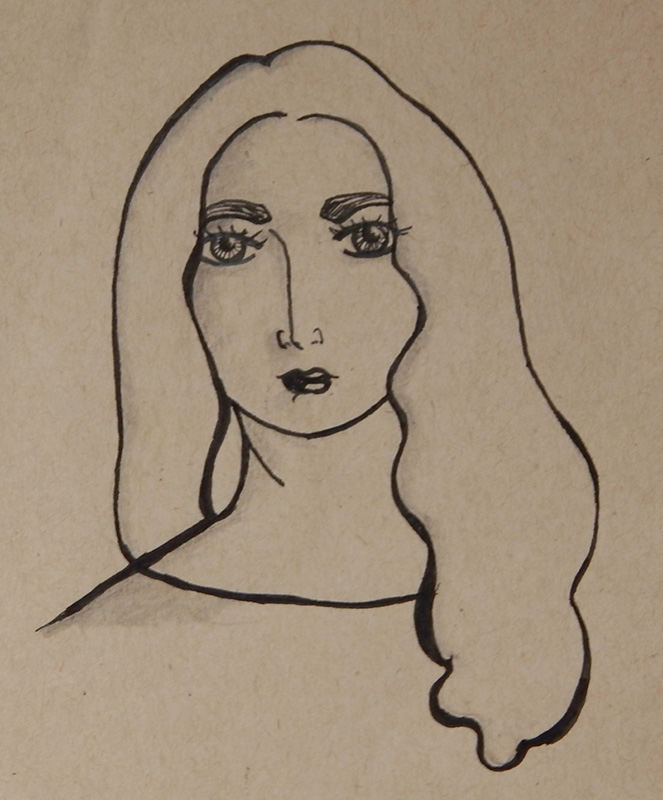
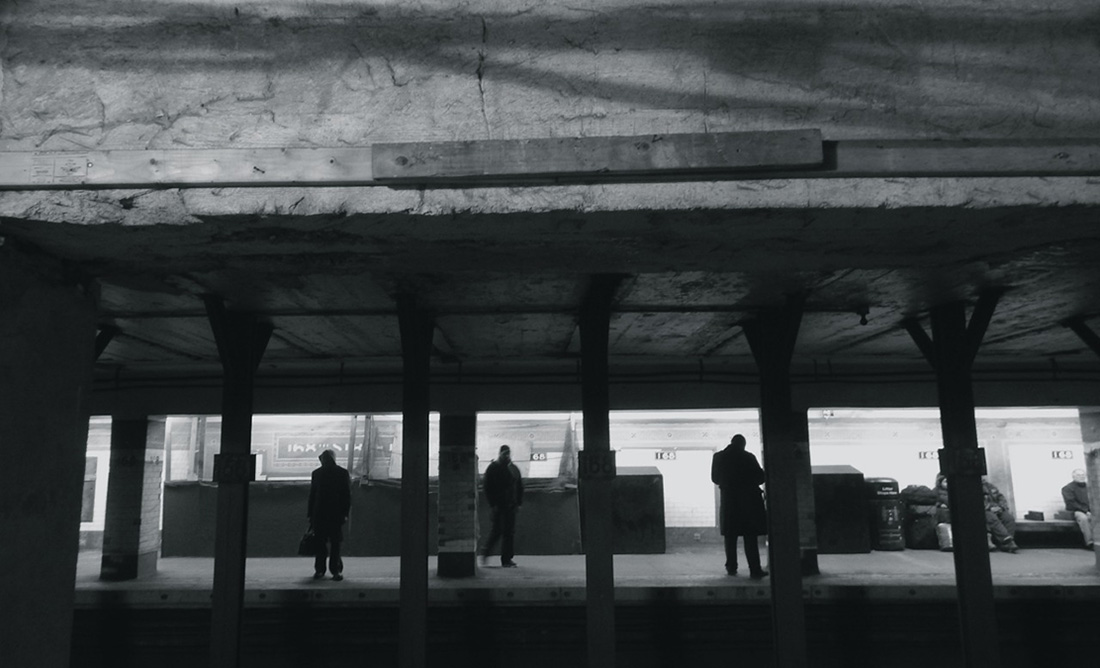
 My name is Lauren Martino and I refuse to write about myself in the third person. I paint, I write poems, I take pictures, I draw, I sculpt, I build sets, I make things. The day I stop learning is the day I die. I am the daughter of two painters who gave me the experience of a lifetime by raising my twin brother and I in a building called Westbeth Artists Housing. I pray one day to be at least half as talented as they are. Taking summer classes at FIT throughout my adolescence had an enormous part in shaping me into who I am today. I am currently embarking on a new journey as a part time student at the New York Studio School. I have shown at Westbeth Gallery under the alias of Heather Bridges because if they knew how old I was they wouldn’t have accepted my work. I have worked as a Set Designer for the ID channel and other independent projects. I am young, with time I will collect more anecdotes to inspire and impress perfect strangers, but for now this is me and that is all.
My name is Lauren Martino and I refuse to write about myself in the third person. I paint, I write poems, I take pictures, I draw, I sculpt, I build sets, I make things. The day I stop learning is the day I die. I am the daughter of two painters who gave me the experience of a lifetime by raising my twin brother and I in a building called Westbeth Artists Housing. I pray one day to be at least half as talented as they are. Taking summer classes at FIT throughout my adolescence had an enormous part in shaping me into who I am today. I am currently embarking on a new journey as a part time student at the New York Studio School. I have shown at Westbeth Gallery under the alias of Heather Bridges because if they knew how old I was they wouldn’t have accepted my work. I have worked as a Set Designer for the ID channel and other independent projects. I am young, with time I will collect more anecdotes to inspire and impress perfect strangers, but for now this is me and that is all.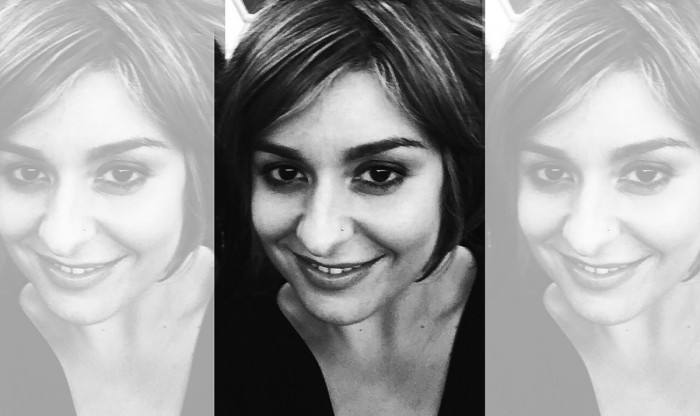
 Marina Carreira is a Luso-American writer from the Ironbound section of Newark, NJ. She holds a BA in English from Montclair State University and a MFA in Creative Writing from Rutgers University. Marina is an adjunct professor of English at Essex County College and a correspondent for the Luso-Americano newspaper. She is curator and co-host of “Brick City Speaks”, a monthly reading series at Hell’s Kitchen Lounge in Newark, NJ. Her work is featured or forthcoming in The Acentos Review, Naugatuck River Review, Writers of the Portuguese Diaspora: An Anthology, and Paterson Literary Review.
Marina Carreira is a Luso-American writer from the Ironbound section of Newark, NJ. She holds a BA in English from Montclair State University and a MFA in Creative Writing from Rutgers University. Marina is an adjunct professor of English at Essex County College and a correspondent for the Luso-Americano newspaper. She is curator and co-host of “Brick City Speaks”, a monthly reading series at Hell’s Kitchen Lounge in Newark, NJ. Her work is featured or forthcoming in The Acentos Review, Naugatuck River Review, Writers of the Portuguese Diaspora: An Anthology, and Paterson Literary Review.











